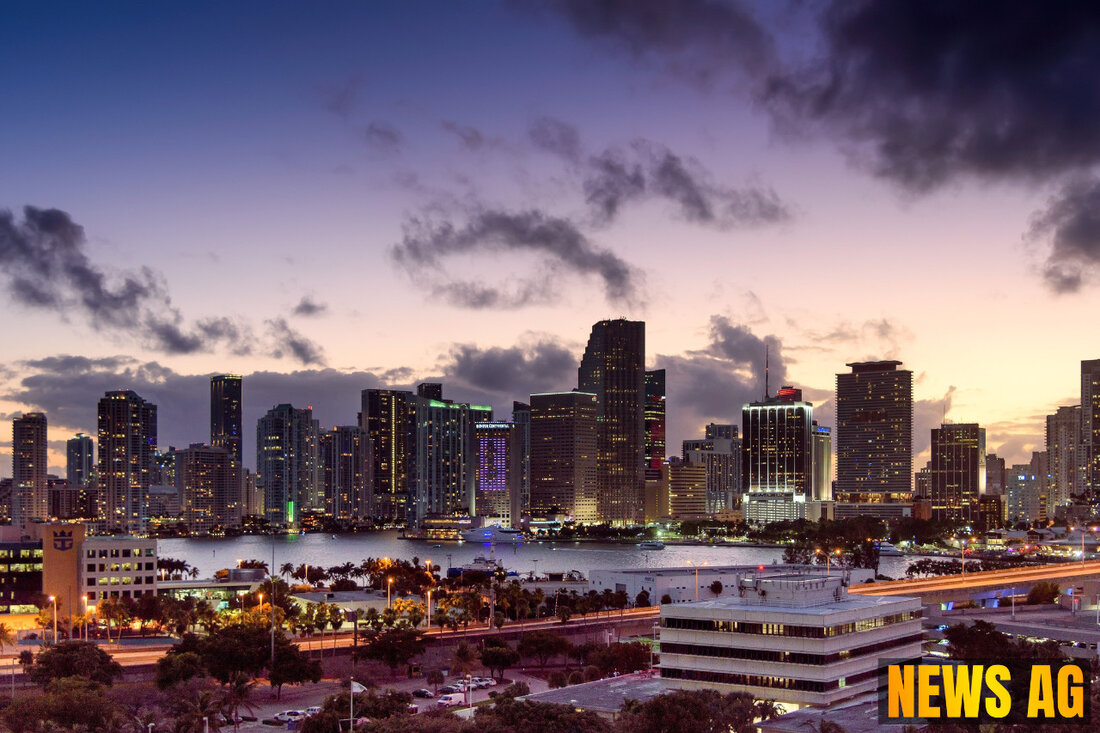Florida's New Law: Chilling Effects on Diverse Voices in Education

Palm Beach, Florida, USA - As Palm Beach State College (PBSC) prepares to celebrate its 90th anniversary this November, a significant tension looms over the academic atmosphere. The college, notable for its history as the first public junior college in Florida, finds itself navigating challenging waters due to the recently passed Senate Bill 266. This legislation adds layers of complexity to the educational landscape, particularly concerning discussions surrounding systemic racism, sexism, and privilege. As noted by the Palm Beach Post, the law’s ambiguity has created an unsettling environment for educators, promoting self-censorship and stifling student engagement with crucial social issues reports the Post.
Senate Bill 266, specifically outlined in the summaries from the Florida Senate, imposes significant restrictions on how educators can approach subjects related to race and gender details the State Senate. This sets forth a directive for the Board of Governors to establish regulations that will evaluate educators on their compliance with these new restrictions. Faculty members are now expected to navigate a landscape where discussions on historical struggles and diverse voices are increasingly sidelined.
The Impact of New Legislation on Academic Freedom
The law’s chilling effect is evident in individual classrooms. A PBSC educator has expressed apprehensions over selecting texts for a new literature course. This hesitancy is rooted in concerns that certain works—particularly those from African American, Latino, Asian American, and LGBTQ writers—might be viewed as violating the law. The educator emphasizes the necessity of fostering critical thinking through an inclusive literary canon, suggesting that removing marginalized voices does not remove discomfort; instead, it impairs understanding.
Florida’s recent educational policies mirror a national trend where censorship has become more common. Following events such as the murder of George Floyd and the Black Lives Matter protests, a backlash has emerged against educational frameworks addressing systemic inequalities. According to the Economic Policy Institute, since January 2021, 44 states have proposed similar legislation, with Florida riding the wave of these restrictive measures highlights EPI.
The Broader Context of Educational Equity
Legislation like SB 266 not only restricts classroom discussions but also ties into deeper socio-economic disparities. Data reveals that African American and Hispanic students face significant challenges compared to their white and Asian American counterparts, including lower academic achievement and graduation rates. This reality underscores the potential dangers of suppressing discussions on systemic issues, as it could limit students‘ awareness of labor market disparities and impact their educational aspirations.
Moreover, the intersection of educational policy and economic inequality provocatively reflects a broader societal struggle. With policies that aim to restrict educators from addressing uncomfortable truths, marginalized communities continue to bear the weight of historical injustices. As stated in the Economic Policy Institute’s analysis, such censorship may only further entrench existing inequalities, not just in education, but throughout society at large. Florida’s landscape, marked by declining public education funding and increasing private school vouchers, exacerbates these growing divides, as public institutions become less viable for both students and educators alike.
In conclusion, as PBSC marks its significant anniversary, the implications of SB 266 and similar legislations prompt a necessary reflection on the future of academic freedom and equity in education. The chilling effects of such laws pose pressing questions: Are we enriching our educational environment or stifling vital conversations? For a state that has a rich history of educational progress, it is crucial to ensure that all voices are heard and that students are equipped with the knowledge they need to thrive in an increasingly complex world.
| Details | |
|---|---|
| Ort | Palm Beach, Florida, USA |
| Quellen | |
